South and Central American leaders boycott Biden's Americas Summit
The United States has invited leaders of South and Central American countries to participate in the so called Summit of the Americas. The Summit, which runs from June the sixth to 10th in Los Angeles, is officially aimed at strengthening hemispheric solidarity.
The conference comes amid growing US involvement in the war in Ukraine and rising strategic rivalries between Beijing and Washington over hegemonic control of the Global South.
The summit is seen as an attempt to assert Washington's hegemonic ambitions over what it considers to be its own backyard. However, it appears that countries in the region are not willing to bow down to US ambitions.
The US administration has decided against inviting the leaders of Cuba, Venezuela and Nicaragua to the regional Summit of the Americas, risking an embarrassing boycott of the Washington hosted gathering by regional leaders.
And again, is the idea that the OAS and the Summit of the Americas has been historically a place that advances the agenda of imperialist United States.
And so, tables are turning in the continent, which is really hopeful, people are beginning to see that there is a possibility to develop projects of nation states that are not under the boots of the United States of America.
Claudio De La Cruz, People’s Forum
Furthermore, leaders from Mexico, Guatemala, Honduras and El Salvador, have all refused to participate in the Americas Summit due to Washington's policy of exclusion having refused to invite Venezuela, Nicaragua and Cuba to the gathering.
Mexican president, Andres Manuel Lopez Obrador, slammed Washington's policy of exclusion and said the US state needs to change its desire to dominate the world without any reason. There cannot be an America Summit, if not all the continents countries participate.
Venezuelan President, Nicolas Maduro, praised the Mexican president's courage and clarity for choosing not to attend the summit, clarifying that the US government decision to exclude free countries is an act of discrimination which ensures that the summit will fail.
Chilean President Gabriel Boric Fonte also criticized the US exclusion of South American countries and said that it was not the right path.
What is interesting in this context is that you have countries that are not necessarily socialist countries, but are countries that are starting to develop their own ideas, their own vision of what their nation states should be like. It's amazing. Going against a politic of extraction and going against a politic that continues to wrap their dignity and their ability to be sovereign countries.
Claudio De La Cruz, People’s Forum
US hegemonic ambitions for South America dates back to the early 19th century and are in keeping with the Monroe Doctrine, which was formulated by James Monroe, the fifth US president, in 1823. It officially declares that region to be within the sphere of US influence.
Under the Roosevelt corollary, the doctrine named after President Theodore Roosevelt, the United States was justified in using police power to end chronic crises in the Western Hemisphere.
The policy has paved the way for numerous US interventions in the region; the occupation of Nicaragua and Haiti in the first two decades of the 20th century, the CIA operation in Guatemala in 1953, the Bay of Pigs invasion of Cuba in 1961, the coup against Chilean President Salvador Allende in 1973 and the invasion of Grenada in 1983 are just some of those interventions.
However, the fact that US hegemonic ambitions are being questioned by Latin American states is seen as the beginning of the falling influence of the United States in its own backyard.
The United States has lost a lot of its legitimacy around the world. And we need to see that, you know, there is the geostrategic battle that the United States has launched against China.
And why is that important to the American continent?
It is important because a lot of countries are beginning to develop relationships with China, understanding that there are other ways of developing economic and political plans that don't again necessarily have to subscribe to the US imperialist forms.
Claudio De La Cruz, People’s Forum
With the rising influence of China and Russia in Latin America, the US finds itself in a weaker position than before. Under the Trump administration the US did whatever it could do to topple Venezuela's government but to no avail. And now the New Leftist turn amongst Latin American countries could be another blow to US imperialist desires in the region.
Hamas thanks Iran, Resistance Front following achievement of ceasefire in Gaza
'Capitulation': Israeli officials and media concede Gaza defeat as truce unfolds
'Gaza has won': Social media users react to ceasefire with mix of relief, joy
Iran seeks South Korea’s assistance for AI, fiber-optic projects
VIDEO | Iran's 'Eqtedar' (Power) maneuver
Israel hits HTS military target in Syria for 1st time since fall of Assad
VIDEO | Press TV's news headlines
Israel has slaughtered 13,000 students in Gaza, West Bank


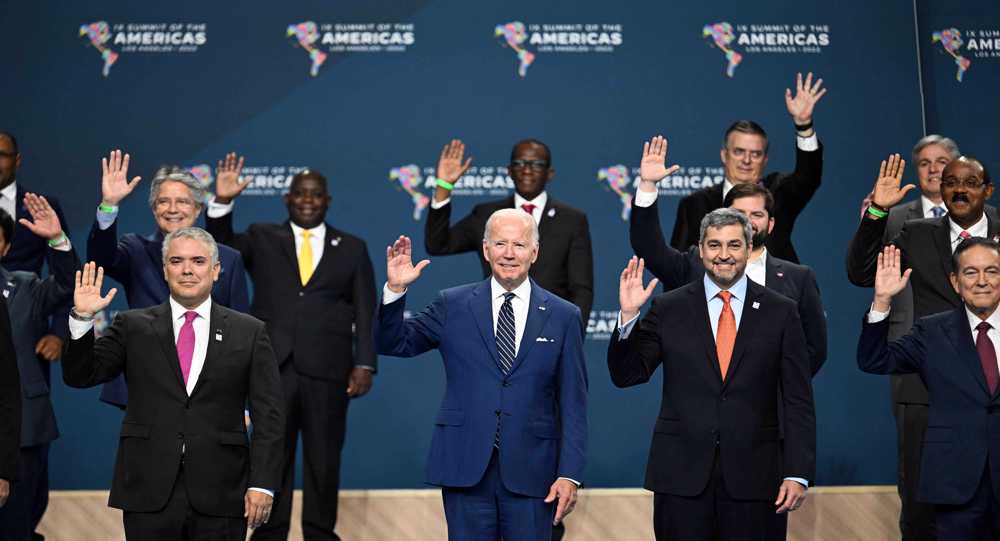
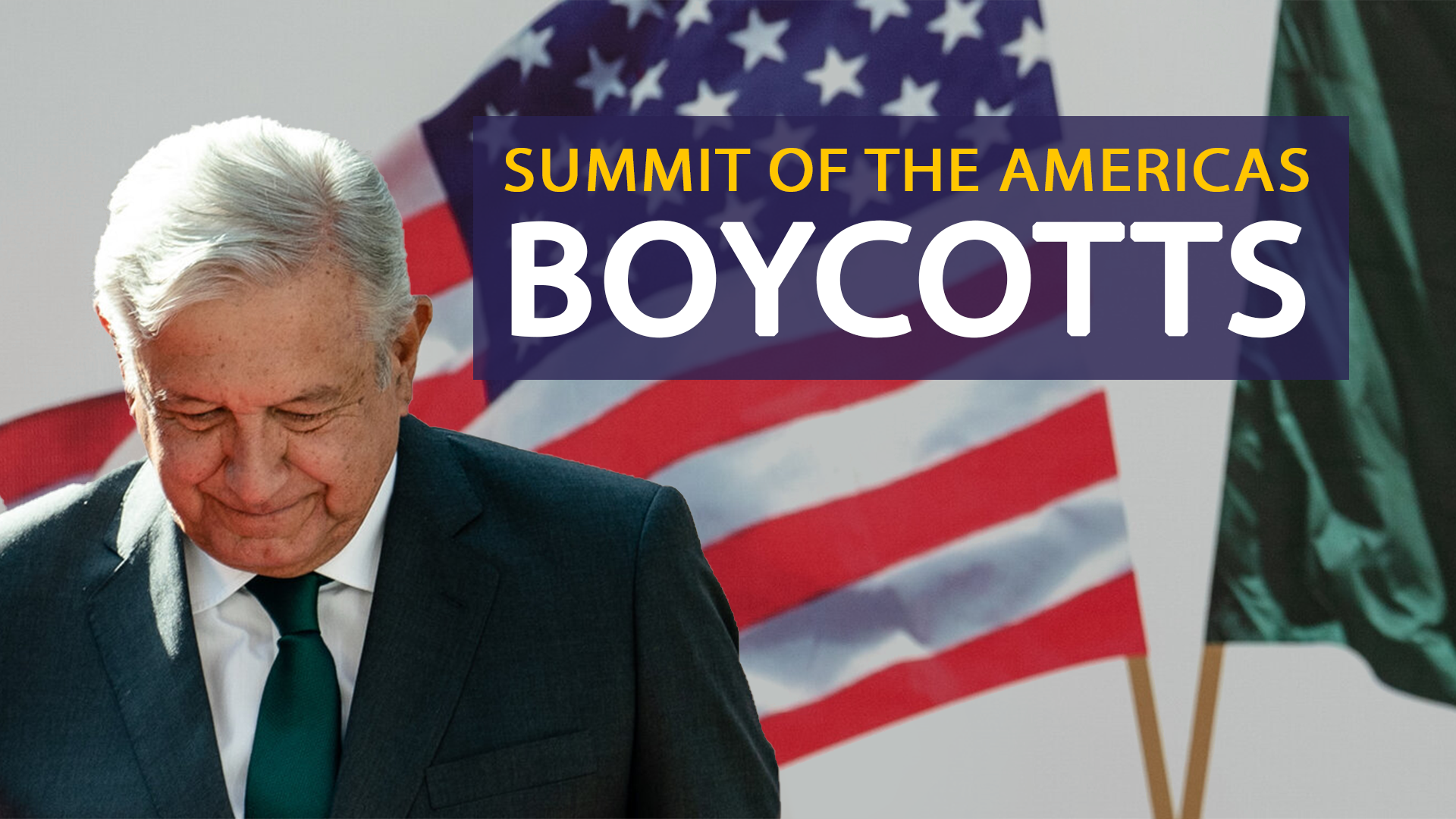

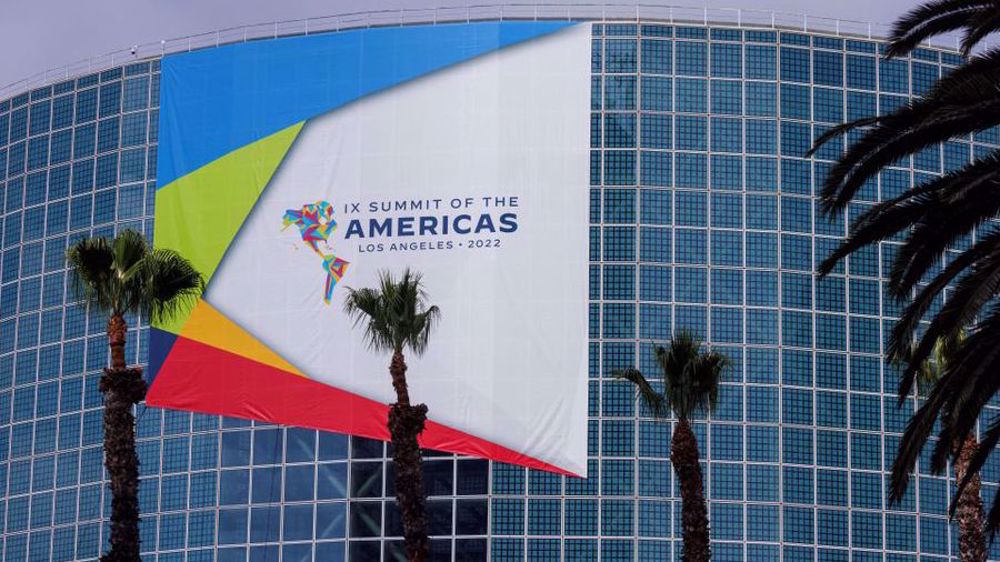
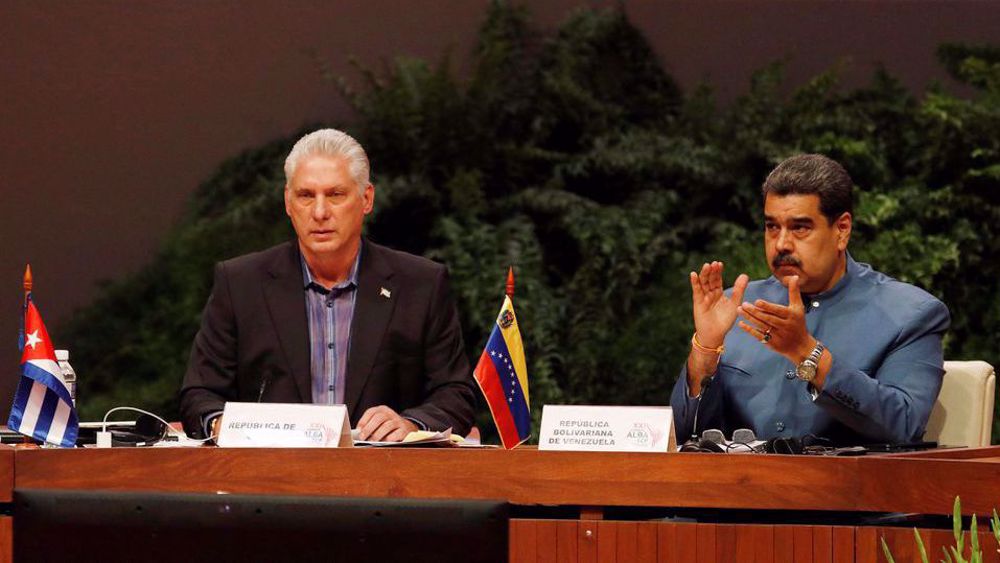
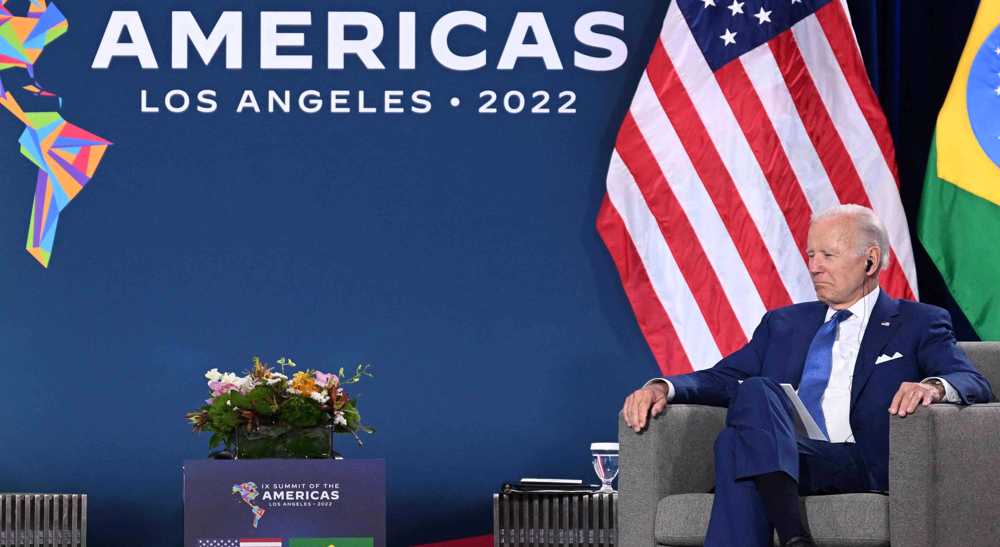
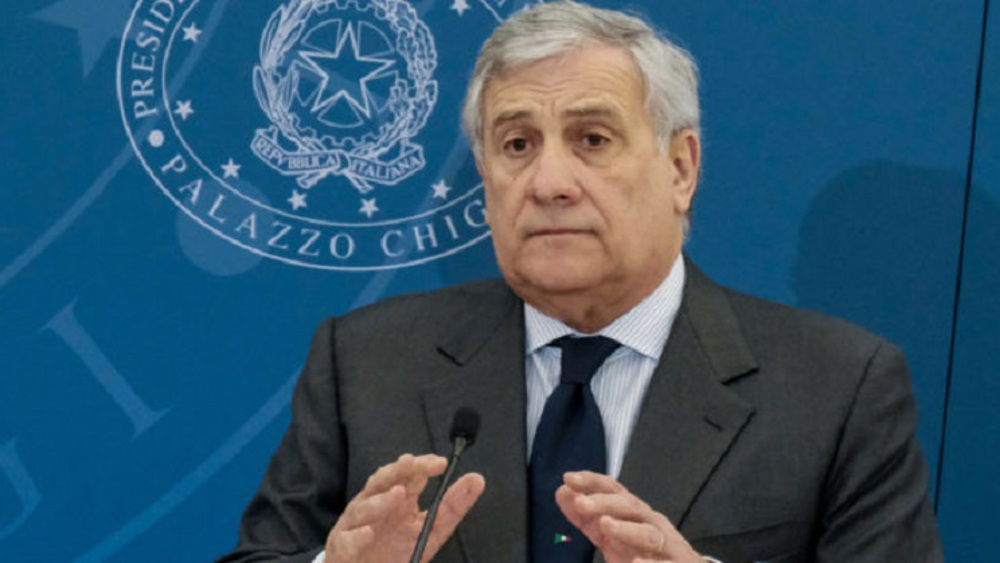







 This makes it easy to access the Press TV website
This makes it easy to access the Press TV website